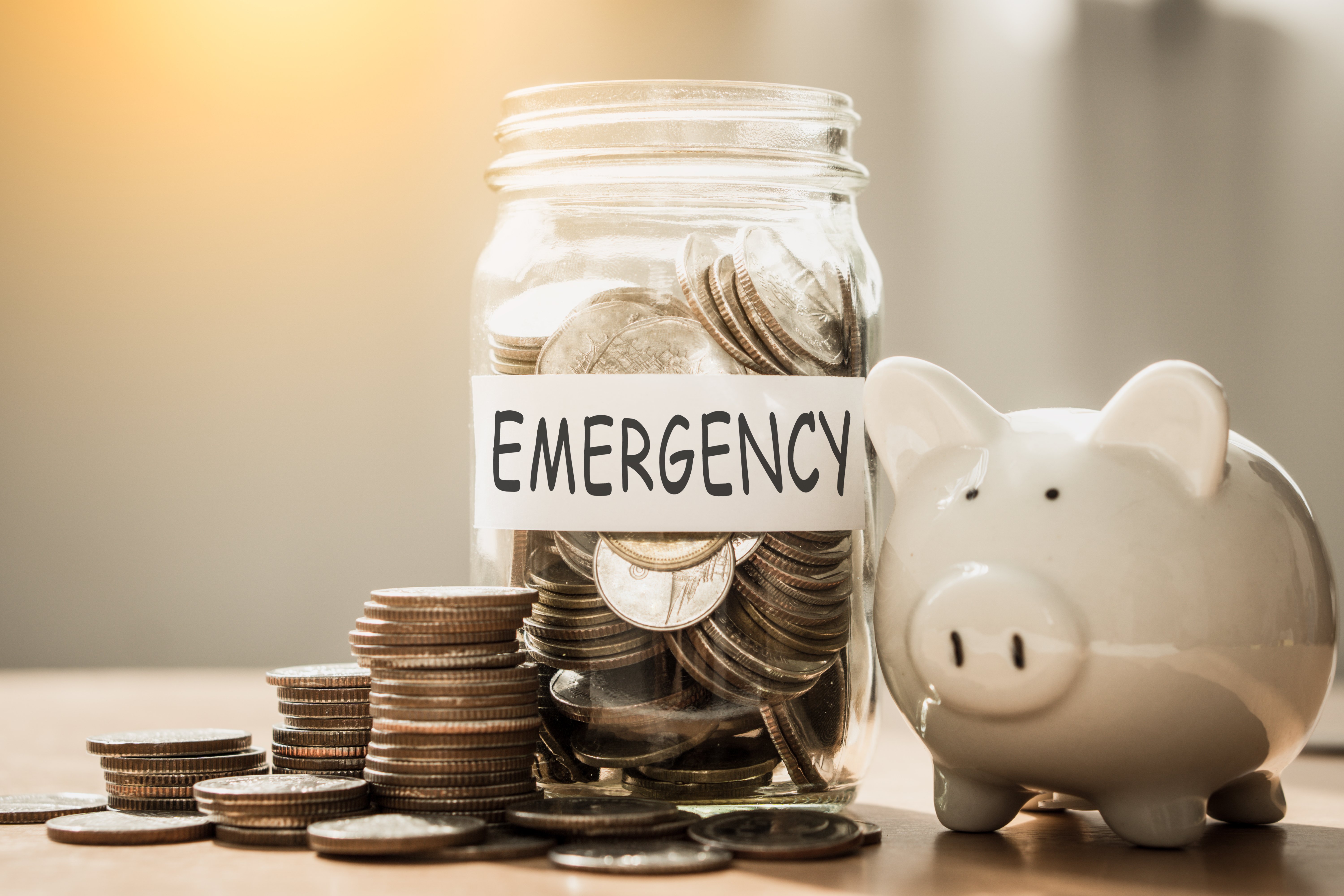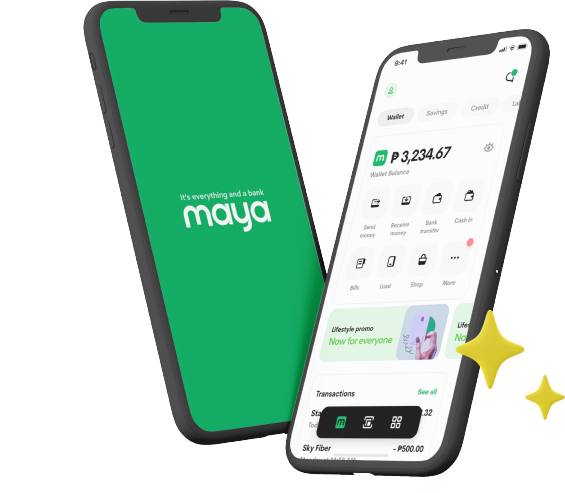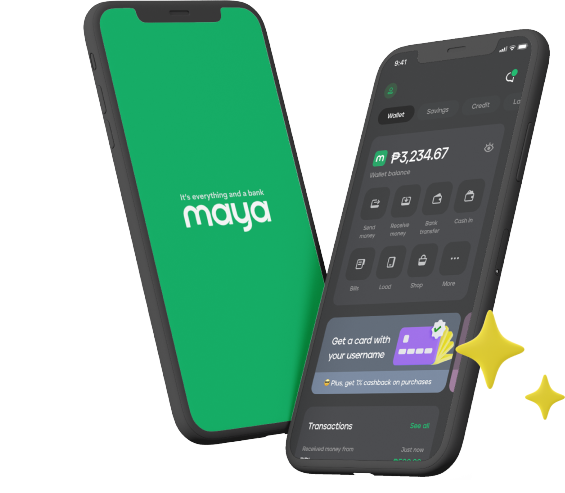
It can be a tricky task to manage short-term financial needs using loans and credit lines. While relying on credit cards can be an easy way to get yourself out of a financial pinch, for example, it can quickly lead to mounting debt and a damaged credit score if not managed well. Keep in mind, though, that counting on loans and credit cards to keep you afloat does not mean that a good credit standing is out of your reach. On the contrary, if you manage your finances well, your loans and credit cards can contribute to building your credit score. Here are smart money management tips and strategies that you can use to avoid debt traps and maintain control of your finances.
Stick to Deadlines When Settling Your Bills
Your payment history is one of the biggest factors affecting your credit score. Even one missed or late payment can cause your score to drop, and this can make it harder for you to get approval for future credit. To make sure that you never miss your payments due to forgetfulness or juggling too many things at the same time, set up alarms and reminders. Consistently paying your bills before the deadline is a great way to show lenders that you’re a responsible borrower, which helps improve your credit profile over time.
There are cases when you might be unable to pay off the full amount. Don’t despair when these events happen. Rather, aim to at least make the minimum payment to keep your account in good standing.
Be Wary of Taking On Too Much Debt at Once
Building strong credit takes thoughtful financial choices. Instead of opening multiple credit lines or taking out loans for short-term expenses, consider managing your finances strategically to maintain a healthy credit score. Each time you apply for a new loan or credit card, a hard inquiry is made on your credit report, so being selective with applications can help keep your score in great shape.
Instead of applying for new credit, try to manage your existing credit responsibly and maximize the benefits that it offers. Let’s say that you have a Landers Cashback Everywhere Credit Card that lets you enjoy generous cashback rates and a seamless digital interface. However, you want to use cash advances more often, and you’re thinking of getting a new card that specializes in this area. Rather than apply for a new card, how about using the credit card cash advance feature from your existing lines of credit? This way, you can simplify your finances and avoid getting overwhelmed by managing multiple deadlines. At the same time, you can avoid hard inquiries that can bring down your credit score.
Keep Your Credit Utilization Low
Credit utilization refers to how much of your available credit you’re using. A high utilization rate can signal to lenders that you’re over-reliant on credit, and this can negatively impact your credit score. One example of this is when you max out your credit card every month.
It’s best to keep a cap on your credit card spending. Ideally, you should keep your credit spending below 30% of your credit card limit. For example, if you have a limit of PHP 10,000, try not to carry a balance higher than PHP 3,000. If you need to make a large purchase, consider paying it down quickly to keep your utilization rate low.
Use Credit Responsibly Even When Money is Tight
When facing short-term cash needs, it’s tempting to max out your credit cards or take out a quick loan to ease the pressure. As much as possible, however, be discerning when evaluating your loan or credit line choices. If you need to borrow money, choose options with lower interest rates and manageable repayment terms. For example, if you need a substantial amount for an urgent need, taking out a personal loan might afford you better terms than a cash advance on your credit card. Also, avoid using credit for non-essential expenses until you’re in a better financial position.
Build an Emergency Fund to Reduce Reliance on Credit
Can your savings see you through three to six months of financial uncertainty? If you don’t have emergency savings, now would be a good time to get started. An emergency fund acts as a financial cushion, and having one reduces your need to rely on credit for unexpected expenses. Without an emergency fund, even a small setback, like a car repair or medical bill, can push you into debt.
Communicate with Your Lenders if You’re Struggling
If you find yourself struggling to make payments, don’t ignore the problem. Contact your lender to discuss your options. Many lenders offer hardship programs or flexible repayment plans that can help you avoid defaulting on your debt. Being proactive about financial difficulties shows lenders that you’re serious about meeting your obligations. In some cases, lenders may be willing to adjust your payment terms or offer a temporary pause on payments to help you get back on track.
Maintaining good credit standing while managing short-term cash needs is possible with smart financial strategies and responsible credit use. By paying your bills on time, keeping your credit utilization low, and building an emergency fund, you can meet your immediate financial needs without sacrificing your long-term credit health. Taking control of your finances today sets you up for better financial opportunities in the future.
You might also like
These Stories on Maya Bank




